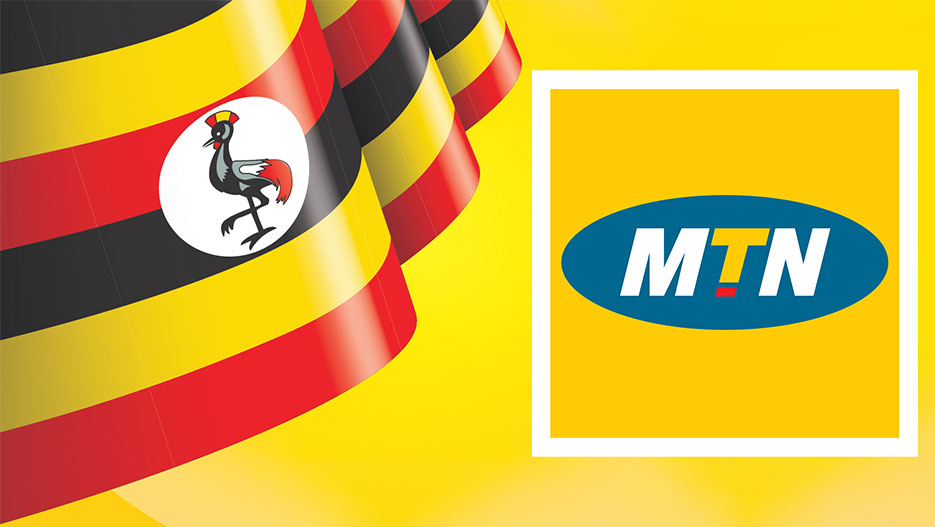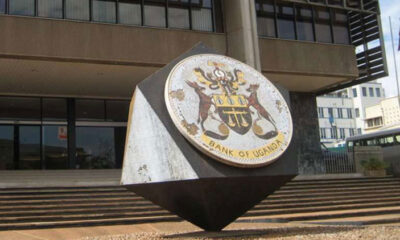VenturesNow
MTN Uganda records 20% rise in pretax profit in 2022

VenturesNow
IMF mission concludes 4th loan program assessment in Egypt
VenturesNow
Kenya seeks $750m from World Bank, obtains $200m from AfDB— Official
-

 Politics1 day ago
Politics1 day agoMali’s junta names spokesman Abdoulaye Maiga new Prime Minister
-

 VenturesNow1 day ago
VenturesNow1 day agoIMF mission concludes 4th loan program assessment in Egypt
-

 Metro1 day ago
Metro1 day ago65% of Nigerian households lack money for healthy food—Survey
-

 Musings From Abroad1 day ago
Musings From Abroad1 day agoBrazilian meatpacker JBS invests $2.5 billion in Nigeria, builds six facilities




























